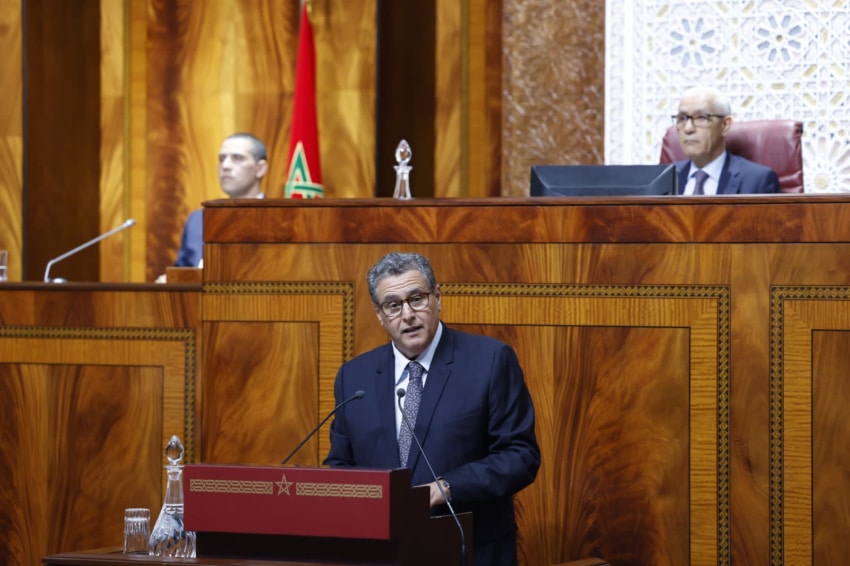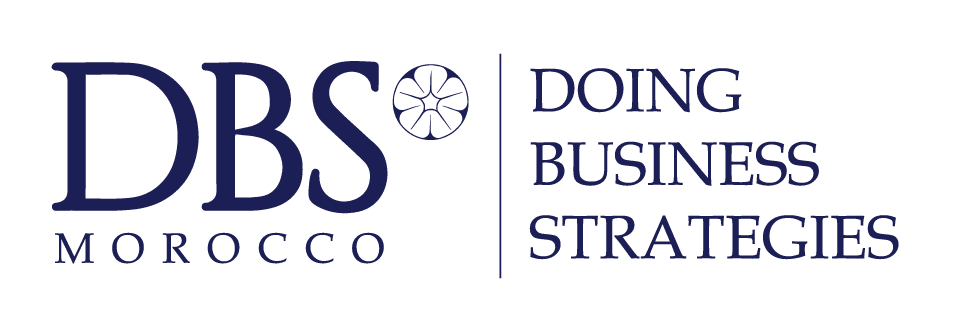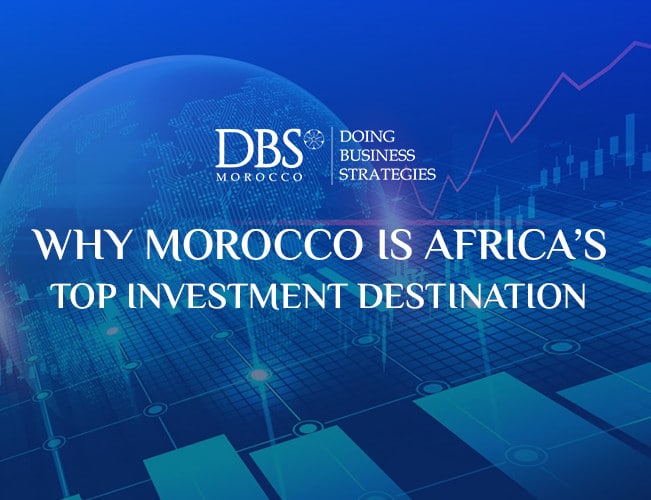Investment in Africa is becoming increasingly attractive as global investors seek new opportunities beyond traditional markets. Morocco stands out as a premier destination for investment on the continent.
This article explores why Morocco is considered Africa’s best investment destination, delving into its economic stability, strategic location, and various incentives designed to attract and support foreign investors.
1. Economic Stability
Growth Trends
Morocco has demonstrated a robust economic growth trajectory over the past decade. With a diversified economy encompassing sectors such as agriculture, mining, and tourism, Morocco’s growth is supported by both domestic consumption and foreign investments.

Inflation and Currency Stability
Inflation rates in Morocco are relatively stable compared to other African countries, thanks to effective monetary policies. The Moroccan dirham has shown resilience, further adding to the country’s appeal as an investment hub.
2. Strategic Location
Geographical Advantages
Located at the crossroads of Europe, Africa, and the Middle East, Morocco’s strategic location provides a significant advantage for businesses looking to access multiple markets. Its proximity to Europe is particularly beneficial for trade and logistics.
Trade Routes and Logistics
Morocco’s well-developed ports, including the Tanger Med port, facilitate efficient trade routes. The country’s infrastructure supports logistics and supply chain management, making it an ideal base for international businesses.
3. Investment Incentives

Government Policies
The Moroccan government has implemented various policies to encourage foreign direct investment (FDI). These include regulatory reforms, simplified procedures, and investment protection measures.
Free Trade Zones
Morocco’s Free Trade Zones offer numerous benefits, including tax exemptions, simplified administrative procedures, and access to state-of-the-art infrastructure. These zones attract companies from diverse sectors, enhancing Morocco’s investment landscape.
Tax Benefits
Tax incentives are a significant draw for investors. Morocco offers various tax breaks, including exemptions on corporate taxes for certain industries and regions, further boosting its attractiveness as an investment destination.
4. Market Opportunities
Key Sectors for Investment
Morocco presents lucrative opportunities in several sectors such as renewable energy, automotive, and agribusiness… The country’s strategic initiatives aim to position these sectors as key drivers of economic growth.
Emerging Industries
New industries like technology and innovation are rapidly growing in Morocco. The government’s focus on digital transformation and tech entrepreneurship opens up fresh avenues for investment.
5. Infrastructure
Transport Networks
Morocco boasts a modern transport network, including highways, railways, and ports, which supports efficient movement of goods and people. This infrastructure is crucial for businesses involved in import and export activities.
Technology and Communication
Advancements in technology and communication infrastructure facilitate business operations. High-speed internet and digital services are becoming more accessible, enhancing the business environment.
Industrial Facilities
The development of industrial zones and facilities across Morocco provides businesses with the necessary infrastructure to set up and expand operations. These facilities are equipped to meet international standards.
6. Skilled Workforce
Education and Training
Morocco’s educational institutions and vocational training programs are geared towards meeting the needs of various industries. This focus on skill development ensures a competent and skilled workforce.
Labor Market Trends
The labor market in Morocco is evolving, with increasing numbers of professionals in fields such as engineering, IT, and finance. This trend supports the country’s growing investment potential.
7. Political Stability
Government Policies
Political stability is a critical factor for investors. Morocco’s stable government and pro-business policies create a favorable environment for foreign investment.
Legal Framework
Morocco has established a legal framework that protects investors’ rights and ensures a fair business environment. This legal certainty is crucial for long-term investment decisions.
8. Business Environment
Ease of Doing Business
The Moroccan government has made significant strides in improving the ease of doing business. Simplified processes and reduced bureaucratic hurdles contribute to a more efficient investment climate.
Foreign Investment Regulations
Regulations governing foreign investments are transparent and investor-friendly. Morocco has established mechanisms to protect foreign investments and resolve disputes.
9. Some Success Stories
Case Study 1: Tech Industry
The tech industry in Morocco has seen remarkable success, with companies like Intel and IBM establishing a presence in the country. This success highlights Morocco’s growing role as a tech hub in Africa.
Case Study 2: Manufacturing Sector
The manufacturing sector, particularly in automotive and aerospace, has experienced substantial growth. Companies like Renault have invested heavily in Morocco, benefiting from the country’s favorable conditions.
10. Challenges and Risks
Economic Risks
While Morocco offers numerous opportunities, potential investors should be aware of economic risks such as fluctuations in global markets and commodity prices.
Political and Social Risks
Political and social stability is generally high, but investors should stay informed about regional developments that could impact their investments.
11. Future Outlook
Emerging Trends
Morocco is positioning itself as a leader in renewable energy and digital innovation. These emerging trends are expected to drive future investment growth and economic development.
Predictions for the Investment Climate
Forecasts indicate continued growth in foreign investments, supported by ongoing reforms and strategic initiatives. Morocco’s investment climate is set to remain favorable in the coming years.
12. Practical Tips
Starting a Business in Morocco
Investors should familiarize themselves with local regulations, engage with local partners, and leverage Morocco’s business support services to ensure a successful entry into the market.
Navigating the Regulatory Environment
Understanding the regulatory landscape is crucial. Investors should seek professional advice to navigate legal requirements and compliance issues effectively.
Morocco’s combination of economic stability, strategic location, and investment incentives makes it a top choice for investors looking to capitalize on opportunities in Africa.
By leveraging Morocco’s favorable conditions, businesses can thrive and contribute to the country’s continued growth, For personalized assistance, contact us now to guide you through the process.


